Researchers at Zhejiang University discover liver damage and gut imbalances in mice from biodegradable starch plastics exposure.
From American Chemical Society 23/04/25 (first released 09/04/25)

Wear and tear on plastic products releases small to nearly invisible plastic particles, which could impact people’s health when consumed or inhaled.
To make these particles biodegradable, researchers created plastics from plant starch instead of petroleum.
An initial study published in ACS’ Journal of Agricultural and Food Chemistry shows how animals consuming particles from this alternative material developed health problems such as liver damage and gut microbiome imbalances.
“Biodegradable starch-based plastics may not be as safe and health-promoting as originally assumed,” says Yongfeng Deng, the corresponding author of the study.
Microplastics (plastic pieces less than 5 millimeters wide) are entering human bodies through contaminated water supplies, foods and drinks — and even IV infusions.
Scientists have linked plastic particles in the bloodstream and tissues to various health risks.
For example, a study found that people with inflammatory bowel disease have more microplastics in their feces.
Biodegradable plastics have been presented as a safer, more environmentally friendly alternative to traditional petroleum-based plastics.
One of the most common types comes from starch, a carbohydrate found in potatoes, rice and wheat.
However, there is a lack of information on how starch-based biodegradable plastics affect the body.
A team of researchers led by Deng tackled this issue by exploring these effects in animal trials.
The researchers compared three groups of five mice: one group consuming normal chow and two groups consuming food infused with starch-based microplastics.
The doses (low and high) were calculated and scaled from what an average human is expected to consume daily.
They fed the mice for 3 months and then assessed the animals’ organ tissues, metabolic functions and gut microbiota diversity.
Mice exposed to the starch-based plastic particles had:
“Prolonged low-dose exposure to starch-based microplastics can lead to a broad spectrum of health impacts, particularly perturbing circadian rhythms and disrupting glucose and lipid metabolism,” says Deng.
However, the researchers acknowledge that because this is one of the first studies examining the impacts of consuming starch-based microplastics, further research is needed to understand how these biodegradable particles break down in the body.
The authors acknowledge funding from the Natural Science Foundation of China, the Jiangsu Province
Young Science and Technology Talent Support Program, the Joint Fund of Departments and Schools, the Start-up Research Fund, and the Zhishan Young Scholars Fund of Southeast University by the Fundamental Research Funds for the Central Universities.
More info
You may also be curious about:
-

The most extreme solar storm hit Earth over 14,000 years ago, scientists identify
-
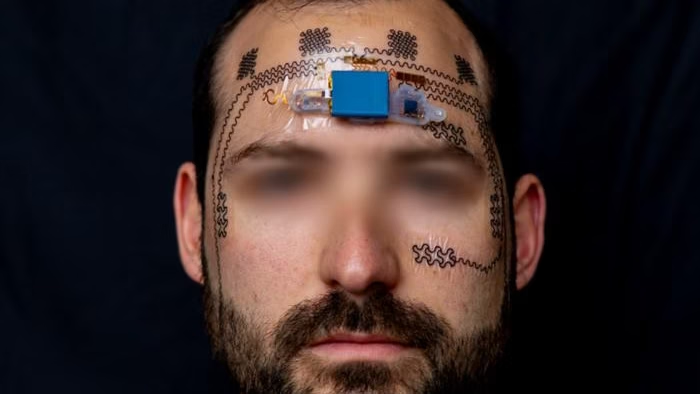
Electronic face tattoo gauges mental strain
-

Solitonic superfluorescence paves way for ambient temp quantum computing
-

Cosmic mystery deepens as astronomers find object flashing in both radio waves and X-rays
-

The rotors are also the wheels on this morphobot
-
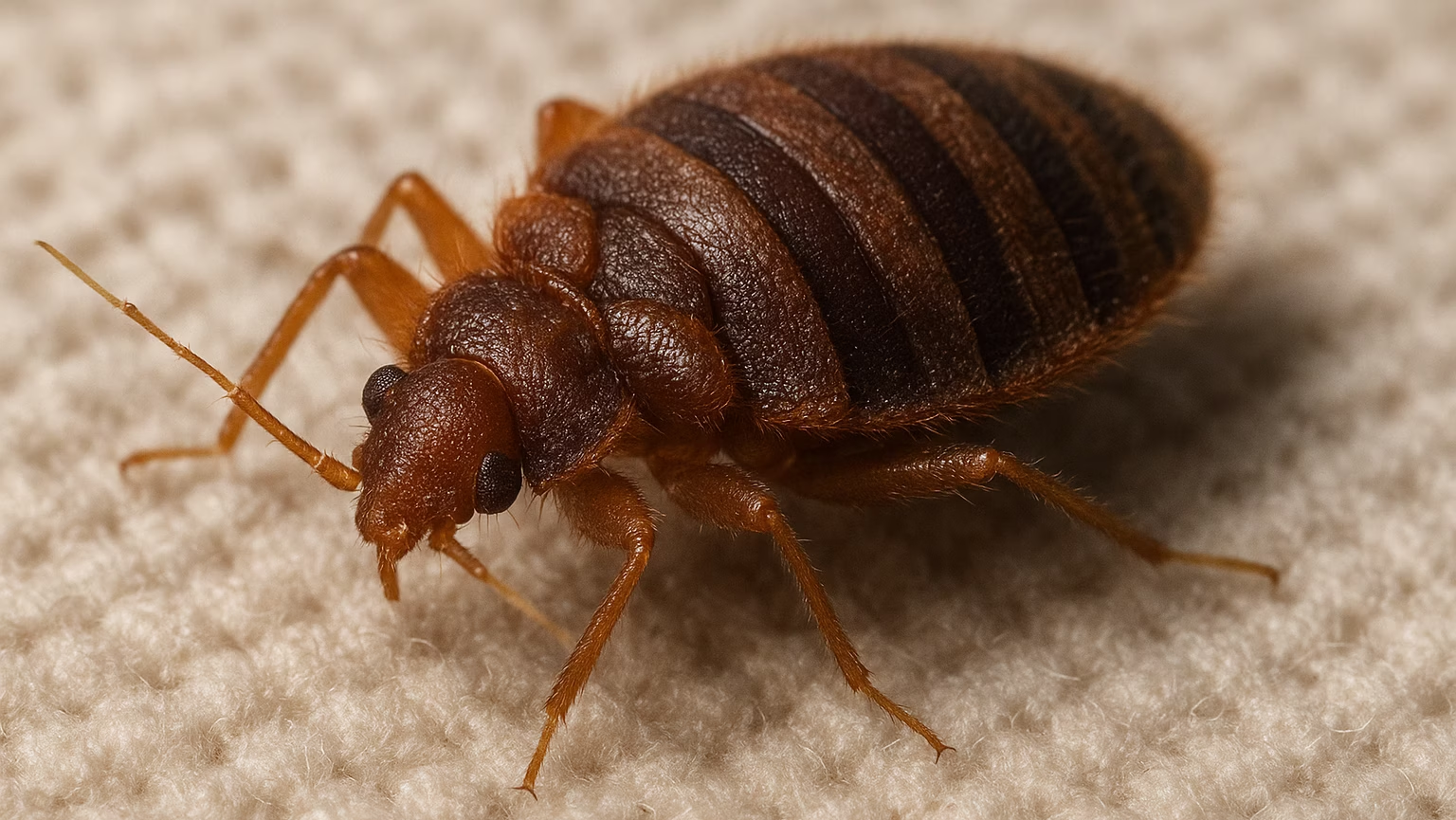
Bed bugs are most likely the first human pest, 60,000 years and counting
-

What lurks beneath? Only 0.001 percent of the deep seafloor has been imaged
-
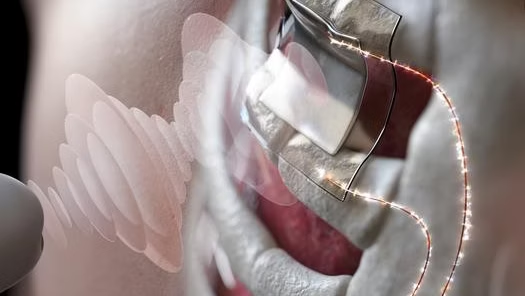
Ultrasonic wireless charging for implanted medical devices
-
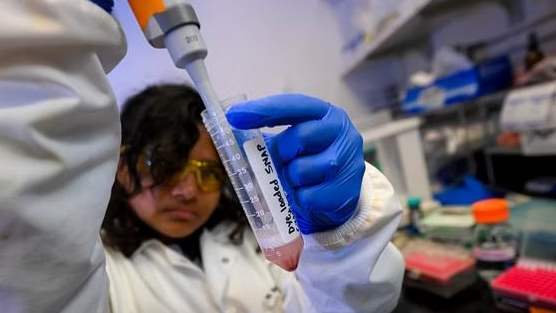
New larvae-attracting gel could boost coral reef restoration
-
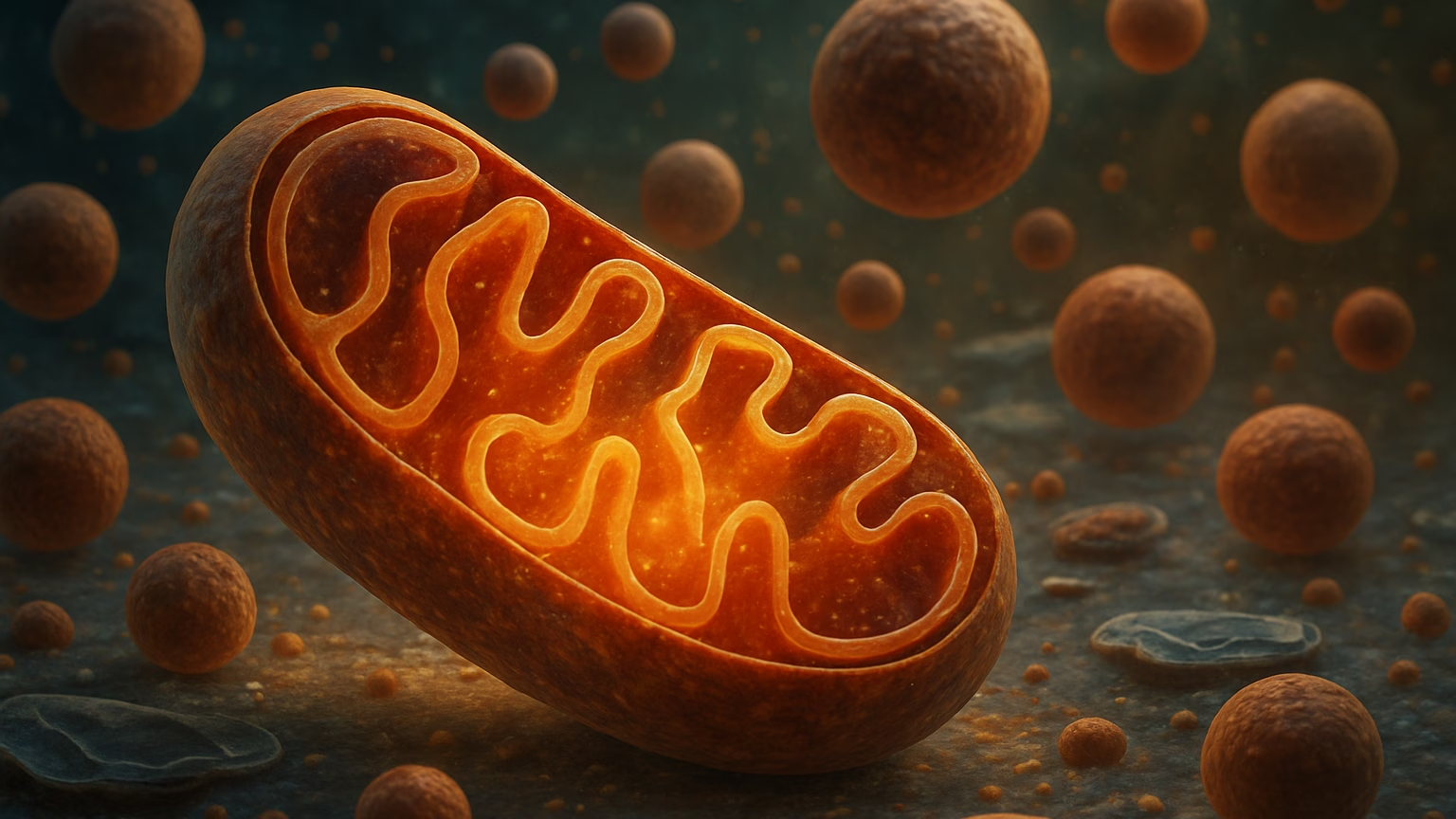
30 percent weight loss in mice by restricting one amino acid
-

Kissing linked to depression transmission through oral microbiota exchange
-

New find: Chimpanzees are capable of complex communication

Today, I went to the beach front with my children. I found a sea shell and gave it to my 4 year old daughter and said “You can hear the ocean if you put this to your ear.” She placed the shell to her ear and screamed. There was a hermit crab inside and it pinched her ear. She never wants to go back! LoL I know this is entirely off topic but I had to tell someone!
Would love to always get updated great site! .